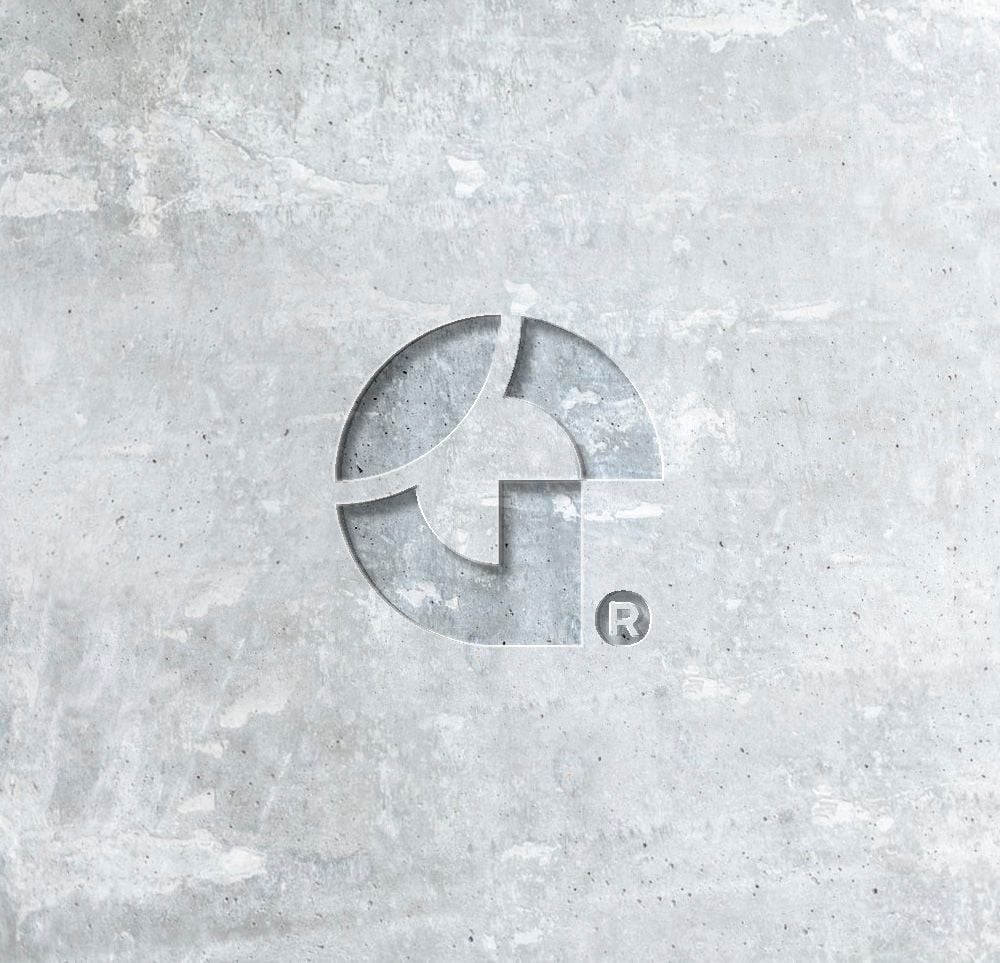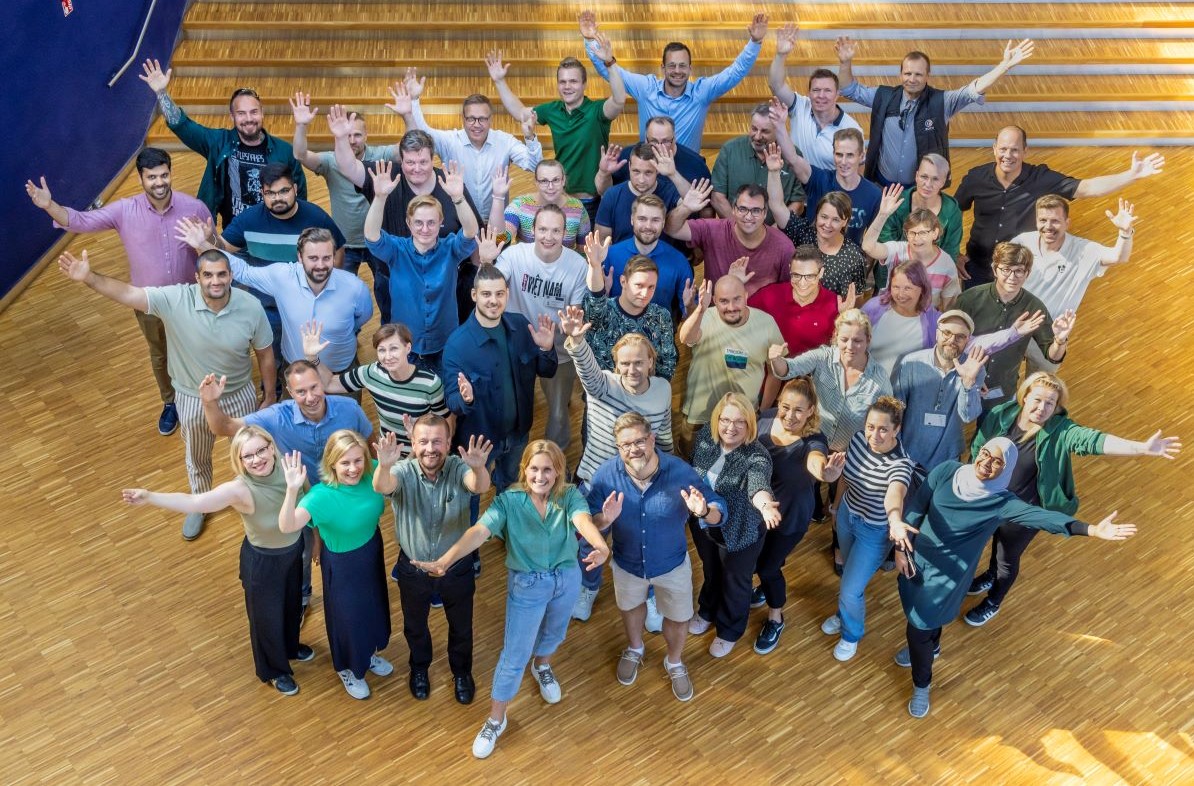Subscribe to the latest news
Sign up to receive updates on sustainable solutions and low-carbon materials from Betolar.

View a video
Press releases, company releases and management transactions
Articles
Success cases from our customers
Upcoming and past events
Learn more about our story and Betolarians
Interested in working at Betolar?
Become one of our trusted partners
Fill a form to contact us and we'll get back to you
Betolar careers
Reckon you are just the forward thinking professional we are looking for? Let us know about you!
Check available job positions
Check available job positions
Interim report
Check the webcast recording of our Q3 Business Review
View webcast
View webcast
Betolar
15.9.2021

Betolar announces its new Geoprime® solution that converts multiple previously underused, high volume industrial side streams into a substitute for cement. The Geoprime® replaces raw materials used in the concrete production process, which can lead to up to 80% lower CO2 emissions for the raw materials compared to traditional, cement-based concrete production. Raw materials can account for more than 80 percent of emissions from a traditional concrete product at the manufacturing stage. The results are based on Vahanen Environment Oy's recently completed study. The resulting Geoprime® concrete materials offer superior performance and conform to EU standards.
During the last four years of intensive R&D by Betolar’s top material technology specialists, Betolar has utilized its proprietary AI platform analysing and modelling data from over 300 different industrial side streams optimising concrete recipes using Geoprime® for performance in strength and viscosity. Betolar's continuous innovation approach ensures that mainstream concrete manufacturers licensing Geoprime® can globally offer sustainable concrete alternatives through a partnership with Betolar.
Betolar is looking beyond the currently used side streams from steel production (slag) and energy production using coal (fly ash) as alternative materials in manufacturing of concrete from other globally distributed industries such as pulp & paper, mining and forestry. This approach enables a flexible and sustainable local supply in most geographies to create replacements for cement using Betolar’s smart Geoprime® solutions.
As well as helping to find a use for many more industrial side streams that would otherwise go to landfill, Betolar’s smart solutions work within existing production facilities to speed up production without any significant capital outlay which means faster time to market.
Time for the construction sector to transition to a low carbon future
By 2050, two thirds of the world’s population will live in cities that don’t yet exist, many of them in developing economies. The construction sector needs low carbon solutions now to meet the growing demand from cities and countries that have pledged to get to Net Zero. There are also significant CO2 cost savings to be made in logistics when manufacturing processes take place near the source of the industrial side streams used as the cement alternative.
Commenting on the news, Matti Löppönen, CEO of Betolar, “We are ready to help concrete manufacturers be more competitive by getting ahead of the demand for sustainable, circular economy materials to satisfy growing customer, infrastructure and real estate investor demand.”
“Two years ago people would meet with us here at Betolar because they felt they had to, but we have seen a massive shift in the concrete manufacturing and construction industries driven by investor pressure for ESG data transparency and Net Zero commitments and now people are keen to hear what we have to offer.”
Ashok Khosla, Former Co-Chair of the UN’s International Resource Panel and founder of Tara, an Indian social enterprise for affordable housing said, “This is the sector equivalent of the automotive industry switching to produce electric vehicles. Construction is feeling the heat to step up and play its part in a low carbon future. Cement is a massive emitter of CO2 in the production of concrete, but it doesn’t have to be.” He added, “Betolar’s dramatic new innovations are not only local and benign, but also affordable. We are working together to revolutionise the science and art of making houses.”
Betolar’s entrepreneurial and driven team is supported by leading venture capital investors Ajanta, Entrada, Voima Ventures, Taaleri and Valve Ventures.

Blog
10.9.2025
Blog
29.8.2025
Contact us to hear more.

Sign up to receive updates on sustainable solutions and low-carbon materials from Betolar.